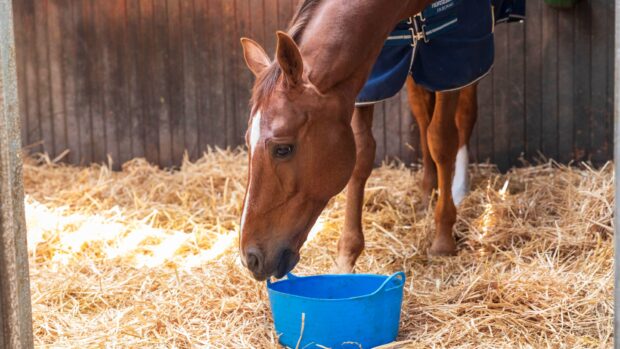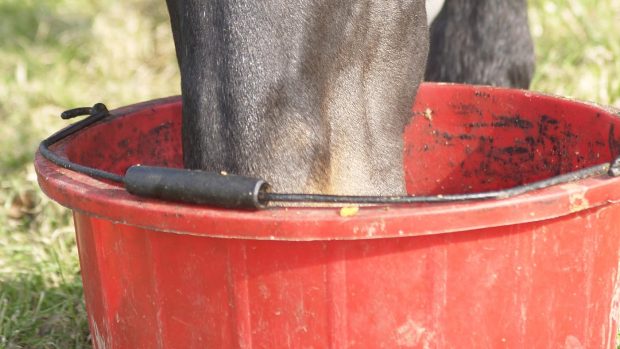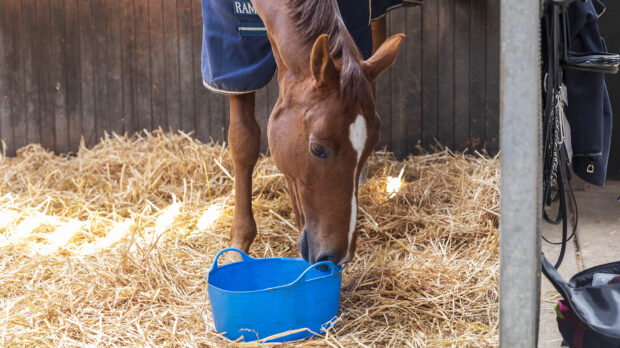News that an overdose of the trace element selenium probably caused the death of 21 polo ponies in America has prompted horse feed manufacturers and equine vets to reassure British horse owners that their animals are not at risk.
The ponies, from Venezuela’s Lechuza Caracas team, died suddenly at a tournament in Florida last month (news, 30 April).
They had been injected with a compound drug — made to order in a local US pharmacy — in which the selenium dosage was not only excessively high but out of balance with the other components.
Small levels of selenium are present in hay and almost all UK horse feeds and supplements because it occurs naturally in the soil in many parts of the country.
But Teresa Hollands, senior nutritionist at Dodson & Horrell, says UK feed and supplements are carefully regulated and take account of its presence in hay and grains.
“The correct, safe amounts of selenium are present in all broad spectrum feeds, which are strictly legislated,” she said. “It appears the ponies’ death was due to an ignorant mistake by a pharmacist, not a nutritionist.”
Kate Coles of Equine America added: “When stories like this come about, people sometimes worry that they might be giving too much — yet many don’t know what they should be giving anyway.
“If you are feeding a [manufacturer-mixed] balanced feed and adding supplements without taking advice about compatability, you are wasting your money.
“You may not be doing your horse any harm unless you take it to crazy levels, but you are unlikely to be doing it any good.”
Selenium is a trace element that all equines require in small amounts in their diets, but it is toxic in high doses.
A deficiency is also harmful — in foals it can cause white muscle disease, a serious wasting syndrome, said H&H vet Karen Coumbe.
“There is a very fine balance. Selenium is an important cog in the wheel, but it should not become too big a cog,” she said.
“I would have to argue whether even a fit polo pony needs extra supplementation.”
For this article in full, see the current issue of Horse & Hound (7 May, ’09)



